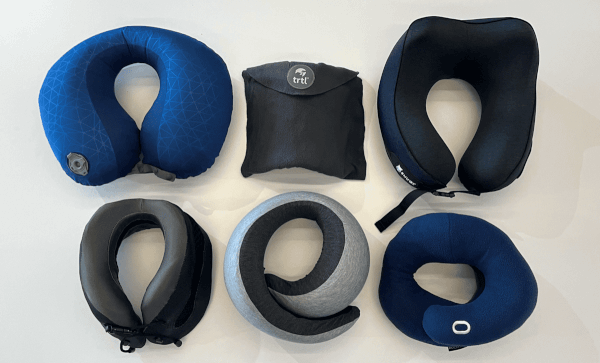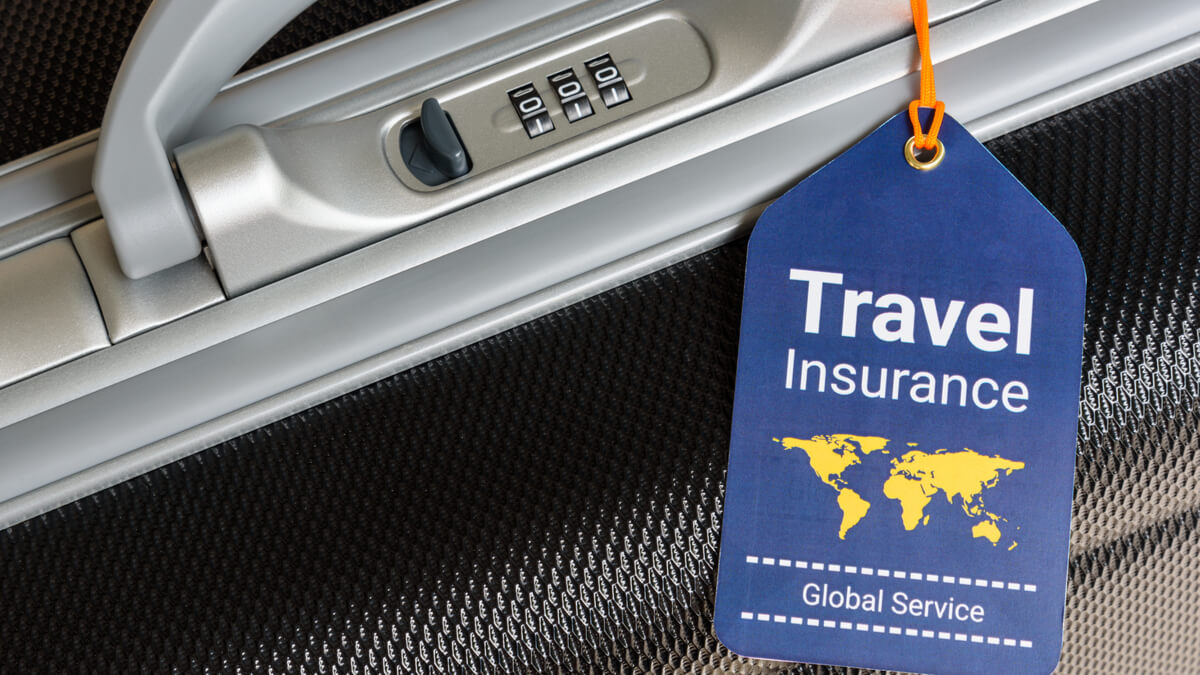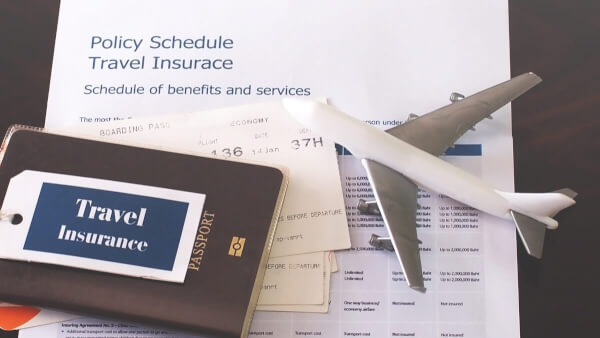Best travel pillows of 2025 compared: Find the top-rated neck pillows for long flights
Compare 6 top travel pillows on support, comfort, portability, and value for your travels like long flights. Find the best neck pillow to fit your needs.

Been living abroad for an extended period and now it’s time to return back to Australia? Whether overseas for a working holiday, job placement, family reasons or similar, you won't be alone in your return. Each year around 50,000 Australian citizens and permanent visa holders return down under to live.¹
No matter how long you’ve been gone, if the thought of moving back has you feeling a little overwhelmed, we’ve got you covered. In this guide, we’ll take a look at some key things to include in your moving checklist to ensure an easier transition back home.
| 💸 Keep 40+ currencies and get personalised account details for currencies like AUD, EUR, USD, GBP & CAD – Send and receive payments from abroad like a local |
|---|
Learn more about the
Wise Account
Unfortunately, rarely just as simple as just packing your bags and boarding a flight, there are actually quite a few essential steps to take before you move back. These include:
You may also need to consider some additional steps based on your circumstances such as:
Of course, unless your return is a surprise, you should also be sure to notify family and friends so they can celebrate your return with you!
As per the above, some steps are more vital than others, below is a more detailed look at the most important things you’ll need to do before moving.
Whether you’re an Australian citizen or not, ensuring your passport has a minimum of 6 months validity from your intended date of travel is strongly advised.
Where your passport is set to shortly expire or already has, you will need to contact your local embassy to arrange a replacement. As an aside, it is wise to also check that your passport does not have any visible damage that may invalidate it for use such as torn pages, water damage or similar.
For non-citizens, it is essential to ensure your visa or permanent residency details are still valid and up-to-date. This should be done well in advance to allow for any potential issues to be resolved prior to the move.
You can check these easily online via the Visa Entitlement Verification Online system (VEVO) on the Australian Immigration and Citizenship website.
You do not have to have private health insurance in Australia. However, if you desire to access dental, optical, physio, chiro and other health services not covered under Medicare, it can be worth pursuing.
There are several comparison websites online that can help you review the most suitable and cost effective options for your needs . Many insurers can assist you with signing up in advance of your arrival so you’re covered from day one.
If you have been overseas for more than five years, you will need to re-enrol in Medicare.² You can do this online before arriving back in Australia, however, you will need to provide two forms of documentation proving you live there.
If you already have an Australian bank account, confirmed school enrolment or job contract this may be possible, otherwise you’ll need to wait until you’ve arrived.² Don’t forget to enrol any children born or adopted overseas too.
You should be sure to settle any tax matters in your current country and obtain a statement of earnings from your employer where applicable. You may need these to lodge a tax return in that country after departure and for your next Australian tax return.
If you have forgotten or misplaced your Australian tax file number, you can recover the details via the ATO website.
It’s also worth remembering that from the first day you return to Australia, any capital gains/growth on your assets will be taken into account for tax purposes.³
This means If you have acquired any assets overseas and want to avoid the tax implications you’ll need to sell them before relocating. Alternately, if you intend to keep them you should arrange to have them valued so you are prepared come tax time.
If you’re planning to bring home any items outside of clothing or toiletries, it's wise to check whether they are permitted under Australia’s most current customs regulations.
Timber items, certain foodstuffs, medications and even some souvenirs may not be allowed depending on their specifics. Large fines can apply for non-compliance, especially for those who have lived in Australia previously and are expected to be familiar with these laws.
Additionally, if you are bringing a pet with you, you will need to adhere to strict biosecurity and quarantine conditions. Australia only allows the import of dogs or cats from permitted countries, so it is essential to check these details before returning and make plans for your pets accordingly.
You may need to close your overseas bank accounts before departing. We recommend speaking with your bank about how to do this or whether this can be done online.
In some cases you may need to keep at least one account open to receive final salaries, settle any outstanding bills or for completing a last tax return.
Depending on where you have been living and for how long you may have been paying into a pension, retirement or superannuation scheme. Your visa/residency status while living overseas may also play into this.
It is advisable to check with your employer or relevant government agency regarding this if unsure. This can ensure you obtain the details of where/how/when these funds can be accessed once you are no longer residing there.
Of course, you’ll need to have a look at how best to transfer any remaining bank balances to Australia also. While your overseas bank may be able to facilitate this for you, there can be significant fees and charges involved with this so be sure to read the fine print.
To avoid these fees you may like to look into an alternative money service that can offer competitive currency conversion and international transaction fees instead.
No, currently there is no legislation regarding how much money you can travel with, receive or send overseas. However, you must declare any cash, money orders, cheques or similar that you are carrying where the combined value is over AUD$10,000 when arriving into Australia.⁴
You don’t need to declare money that you transfer overseas or receive from overseas through a bank or a money transfer provider.
If you are an Australian citizen that has been overseas for more than six years you may have been removed from the electoral roll. As voting is compulsory in Australia for all citizens, this means you will need to re enroll.⁵
You can do this after you have been at your residential address for a minimum of one month. It should be noted that even if you registered to be an overseas elector, you will still need to update your address with the AEC once resettled in Australia.
With a Wise Account you can hold money in 40+ currencies and spend it in 150+ countries. You can also order local account details in popular world currencies like AUD, NZD, USD, EUR, GBP to receive local and/or international payments like a local.
Whenever you exchange currencies it’s done using the mid-market rate with a conversion fee shown upfront.
To make everyday spending easier you can order a Wise Debit card for your Wise Account and generate virtual cards as needed. If you have the local currency in your Wise Account the Wise card will use it. If you don’t have local currency converted, it uses smart technology to auto-convert your money at the mid-market rate, for a conversion fee.
The Wise card may suit you better if you’re to spend money that you’ve stored in different currencies within an existing Wise Account, and benefit from 2 or less free cash withdrawals under $350 AU, or foreign equivalent, per month (keep in mind that ATM providers may charge their own fees). You can see our full fee breakdown for ATM withdrawals here.
Join over 16 million customers currently using Wise. It’ll only take a few minutes to register and see what’s inside.
Register your Wise account
in minutes
Please see Terms of Use for your region or visit Wise Fees & Pricing for the most up to date pricing and fee information
Sources:
Sources checked on: 23 September 2024
*Please see terms of use and product availability for your region or visit Wise fees and pricing for the most up to date pricing and fee information.
This publication is provided for general information purposes and does not constitute legal, tax or other professional advice from Wise Payments Limited or its subsidiaries and its affiliates, and it is not intended as a substitute for obtaining advice from a financial advisor or any other professional.
We make no representations, warranties or guarantees, whether expressed or implied, that the content in the publication is accurate, complete or up to date.

Compare 6 top travel pillows on support, comfort, portability, and value for your travels like long flights. Find the best neck pillow to fit your needs.

Compare the best eSIMs for international travel. Our guide covers top providers, plans, pricing, and key factors to help you stay connected abroad.

Planning a trip to Iceland? Discover if tap water is safe to drink for travellers. This is your guide on Iceland's water quality.

Planning your next trip? Our Cover-More travel insurance review covers all you need to know about coverage, pricing, claims process and more

Planning your next trip? Our ahm travel insurance review covers all you need to know about coverage, pricing, claims process and more

Planning your next trip? Our Fast Cover travel insurance review covers all you need to know about coverage, pricing, claims process and more